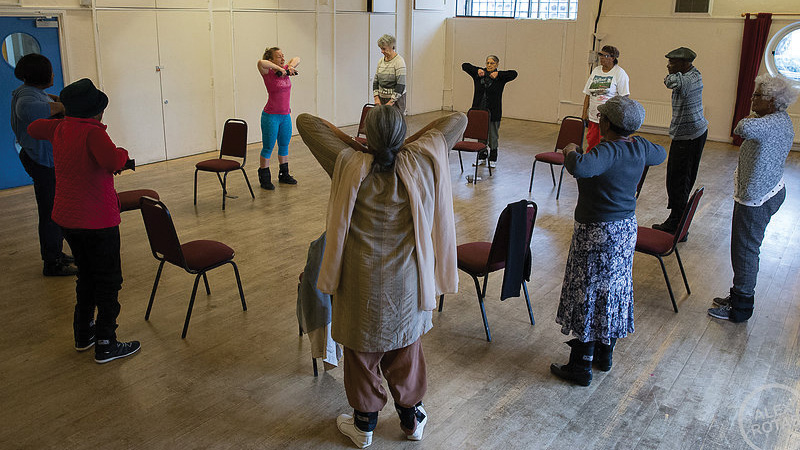
Background
The population is getting older (over 3 million people in the UK are aged 80 years or older) and the number of people living with multiple illnesses and taking lots of tablets to manage these illnesses is increasing. High blood pressure is one of the most common medical conditions in older people and many take two or more drugs to treat it. Recent scientific studies suggest that large reductions in blood pressure, and too many drug prescriptions may be associated with an increase in falls and death in older patients, particularly in those suffering from lots of medical conditions. This study aims to assess the safety of reducing the number of drugs prescribed to older people (defined as being aged 80 years or older) who have blood pressure in a normal range and are taking two or more medications.
Design
This study used a randomised, controlled, open label, non-inferiority trial design. Participants aged at least 80 years with SBP (systolic blood pressure) of less than 150 mmHg and receiving 2 or more antihypertensive medications, whose GP considered appropriate for medication reduction were recruited from 69 general practices across England. Those enrolled were randomised (1:1 ratio) to antihypertensive medication reduction (intervention) or usual care (control). The primary outcome was difference (<10%) in proportion of participants with clinically acceptable SBP (<150 mmHg) at 12-week follow-up. Secondary outcomes included difference in SBP and adverse events.
Outcome
Of 569 participants who were randomised, 35 (6%) were lost to follow-up. Overall, 229 (86.4%) patients in the intervention group and 236 (87.7%) patients in the control group had clinically acceptable systolic blood pressure at follow-up. Medication reduction was sustained in 187 (66.3%) participants in the intervention group who were taking fewer antihypertensive medications than the control group at 12 weeks. Systolic blood pressure corrected for baseline was 3.5 mmHg higher in the intervention group. Adverse events were higher in the intervention group but there was no significant difference in rates of serious adverse events.
Conclusion
Antihypertensive medication reduction can be achieved in two thirds of older multi-morbid patients with systolic blood pressure remaining within clinically acceptable limits. However, potential benefits must be balanced against the possible harms from increased systolic blood pressure (and therefore cardiovascular risk) plus increased adverse events (although most were apparently unrelated).
This NIHR CRN portfolio study was sponsored by the University of Oxford and funded by NIHR Research Professorship.

